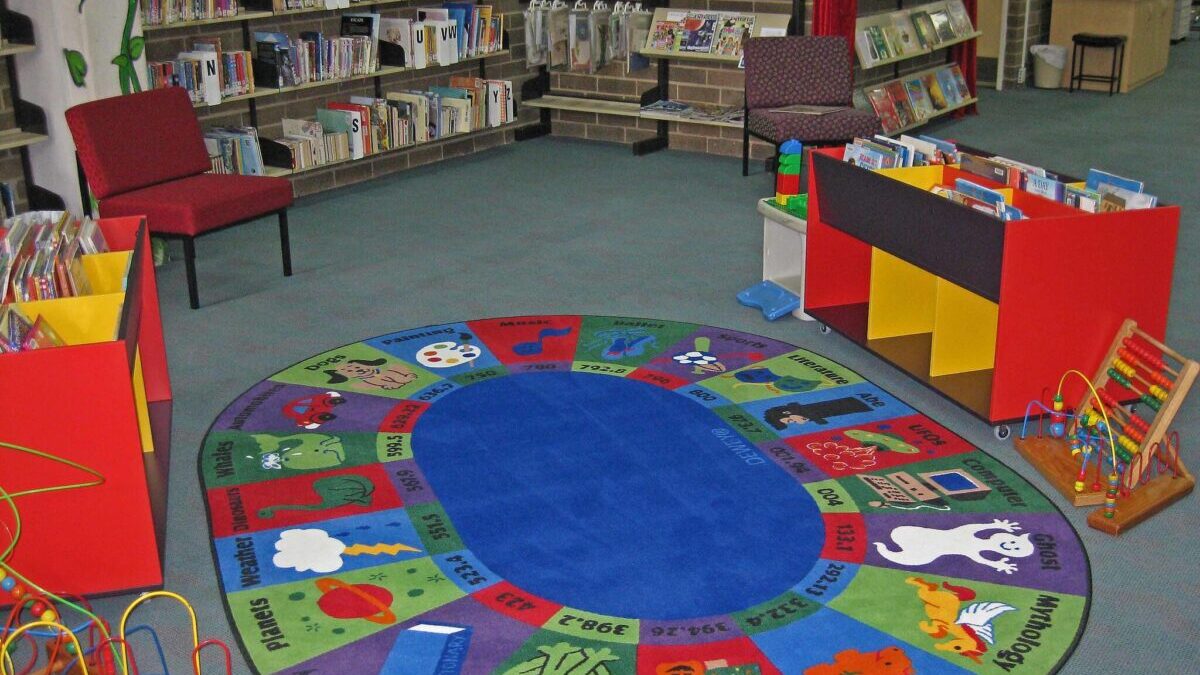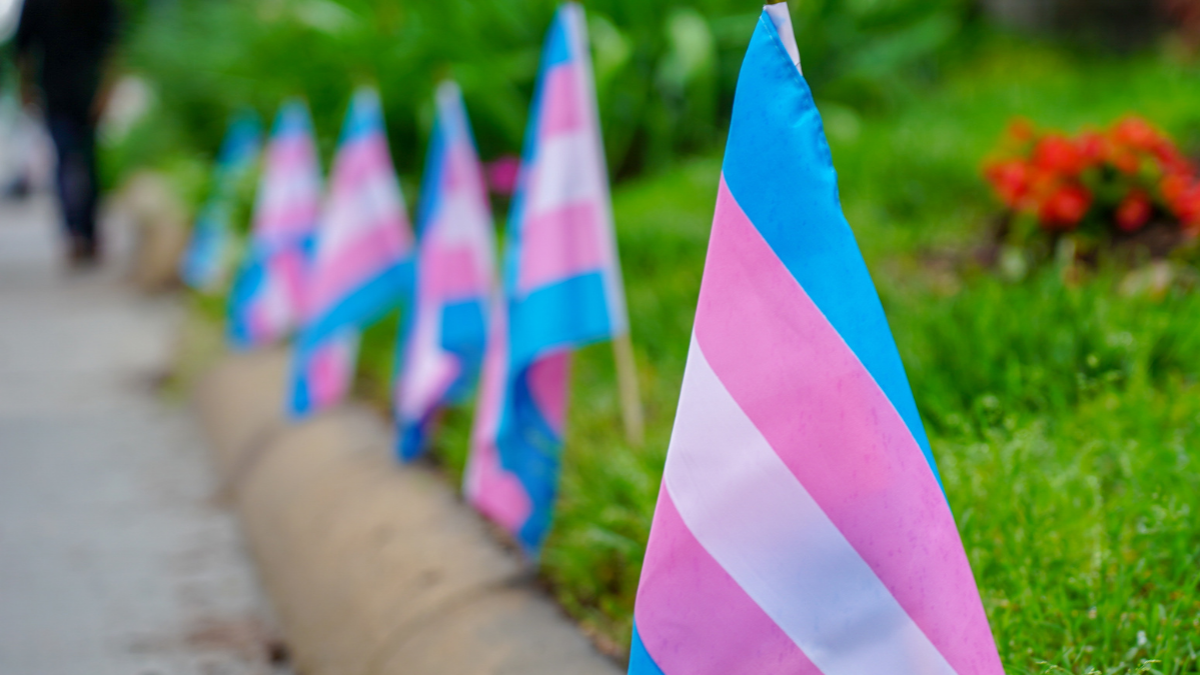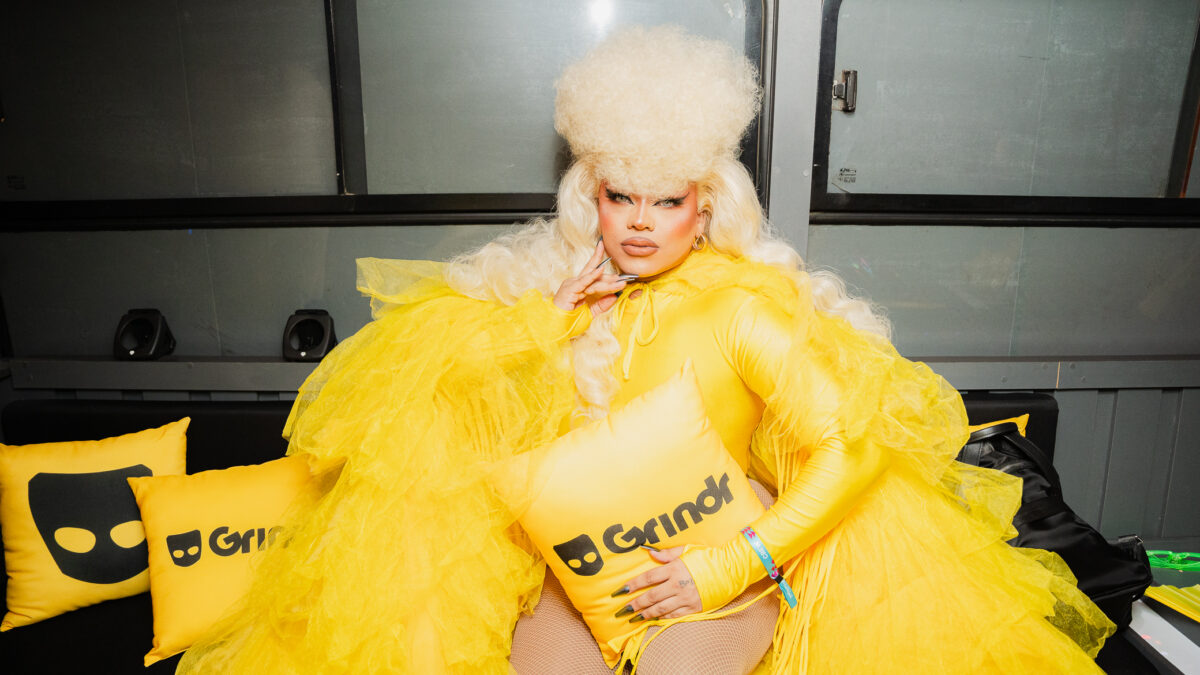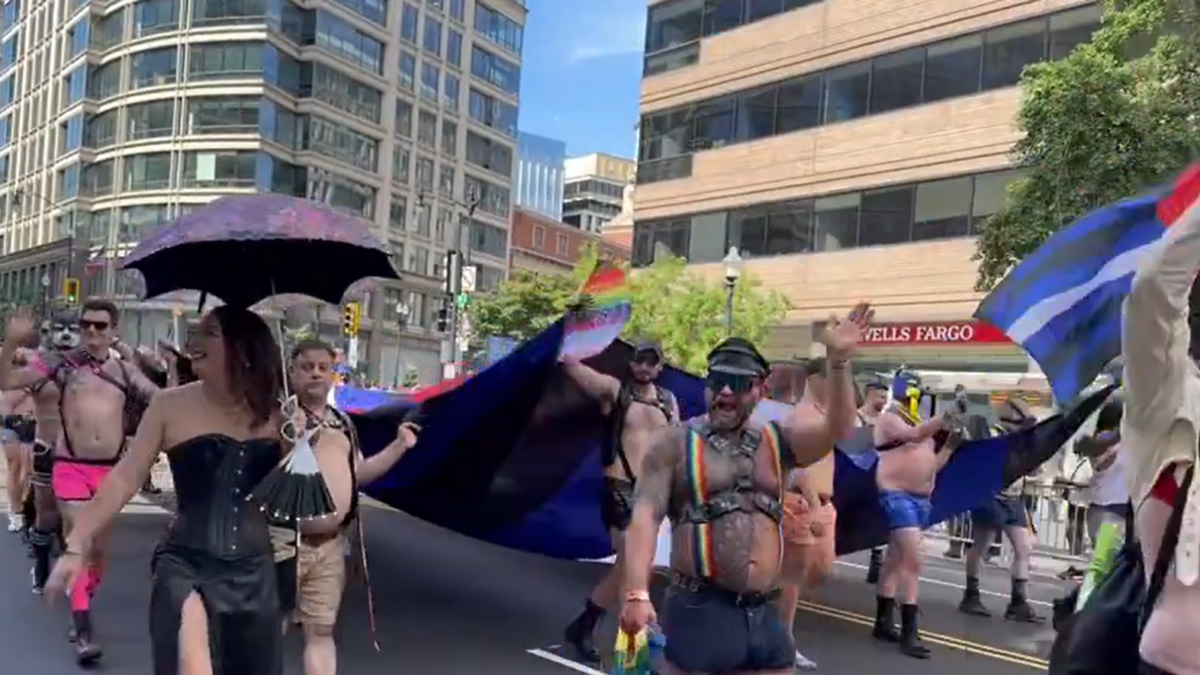Ever since they came out a few years ago, my family and I were big fans of Tracey West’s “Dragon Masters” book series. We enjoyed the tales of different children from around the world connecting with a magical dragon, having adventures, and stopping evil wizards. We liked the characters and seeing them develop with each new installment. It also had a good word-to-picture ratio that was ideal for beginning readers like my kids.
But, as with so many other children’s books, our beloved Dragon Masters went woke. The latest book “Guarding the Invisible Dragons” features a nonbinary character — that is, a person who refuses to identify as either male or female. This character goes by the unisexual name “Val” and uses gender-neutral plural pronouns (they/them).
As one might imagine, stumbling upon this was a little confusing. There’s no explicit mention that Val is nonbinary. It’s just assumed, and when we read the story aloud, we noticed the plural pronouns. This seemed like a typo at first, but then we saw it again. We also saw a strange reluctance in the narrator to use any pronouns, as with the other characters, instead primarily referring to Val as Val.
Although I had my suspicions that this was in fact a nonbinary or transgender character, I decided to email Tracey West and check if this was the case. To her great credit, she responded and confirmed my suspicions: “Val, like many people, knows they are not a boy or girl, and sometimes they are a little bit of both. In this story, the most important thing about Val is that they are kind, and brave, and care a lot about dragons. That is what makes them a great Dragon Master! In today’s world, we would say that Val is nonbinary.”
Confusing to Children
This response reveals a great deal about how most writers and creators think about these issues. For them, it’s perfectly fine and wholesome to feature a nonbinary child as though they were just like everyone else — even though this is a tiny minority of adults who only came out in the wake of the transgender movement.
It’s better for people, even children, to listen to their heart, actively choose their sex, and live out a more fulfilling existence, they say.
And sure, it’s easy enough to come to these conclusions in today’s media environment. The idea of one’s sex and gender being fluid is so normalized that adhering to one’s biology is rather abnormal and even threatening.
However popular this thinking might be, it becomes problematic when introduced to young children. Children lack the capacity to reason through complex issues like identity and sex. They have no frame of reference because their experience is so limited and their cognition is still developing. At best, they will be confused by the idea of being nonbinary. At worst, they may identify as nonbinary and ponder making changes to themselves in order to obscure their sex or attempt to change it.
Of course, for many on the left, this doesn’t seem like a big deal. Except that it is. For one, it’s completely false. Sex is so central and immutable that one cannot logically reject it. This would be like rejecting one’s age, race, or country of origin. To say one is nonbinary is akin to saying one is ageless, non-racial, and from all countries. These are not things we can control, and they are not attributes on a spectrum of subjective experiences.
Thus, for West or any other storyteller to say that Val “knows they are not a boy or a girl” is like saying the character also “knows” that “they” are not 8 years old, Hispanic, and from the kingdom of Aragon. The ambiguity is meant to make them interesting and unique, but really it’s just confusing, irrational, and somewhat insane.
Less Easy to Relate
It also reveals even less about the character and makes “them” harder to identify with and understand. How is a boy or girl supposed to relate to Val, who seems to play by different rules and eludes concrete definition? The only person who could relate to Val is a nonbinary reader who has also reached the conclusion that he or she is actually a “they.”
Consequently, even though the move to feature a nonbinary character is intended to make the story more inclusive, it does the opposite. All people can recognize they are either male or female; it isn’t a label that’s “assigned at birth,” but a fundamental reality that one accepts and understands. To pretend otherwise and make a character nonbinary ends up excluding audiences who live by this reality: “Wait, you think sex is binary and refuse to use this nonbinary person’s preferred pronouns? Then this story isn’t for you, bigot!”
Harmful to Kids’ Self-Understanding
This gets to the main problem, which is what message or lesson is expressed with a nonbinary character. Is it really just that there are different people who identify in different ways, and this should be welcomed and accommodated? Or is it something deeper, essentially asserting that sex is a superficial label that ultimately says nothing about a person? Is Val modeling “kindness and bravery,” or is Val modeling an alternative way to view and present oneself?
If it’s the latter, then this can indeed be harmful for boys or girls, who now know less about themselves than they did before. The knowledge that their sex could help define them and offer some self-understanding is now blown off as socially constructed hogwash. Instead, they are supposed to create their own sexual identities from nothing, no matter how untethered to reality that identity might be. Moreover, it’s good manners to affirm others who do the same thing, using their preferred names and pronouns. For a child (and most adults), all of this is far more confusing and cumbersome than liberating and empowering.
It’s for this reason that good children’s stories generally express the opposite message. They tell kids to accept reality, which is sometimes difficult but necessary for personal growth and helping others. The sooner people accept themselves for who they are, the happier they’ll be. Conversely, the more they delay or deflect who or what they are, the sadder they’ll be. For 21 books, Dragon Masters reinforced this central truth and consequently told great stories to young children. It’s a shame this was all undermined and effectively ended by cheap woke signaling that makes no sense.









